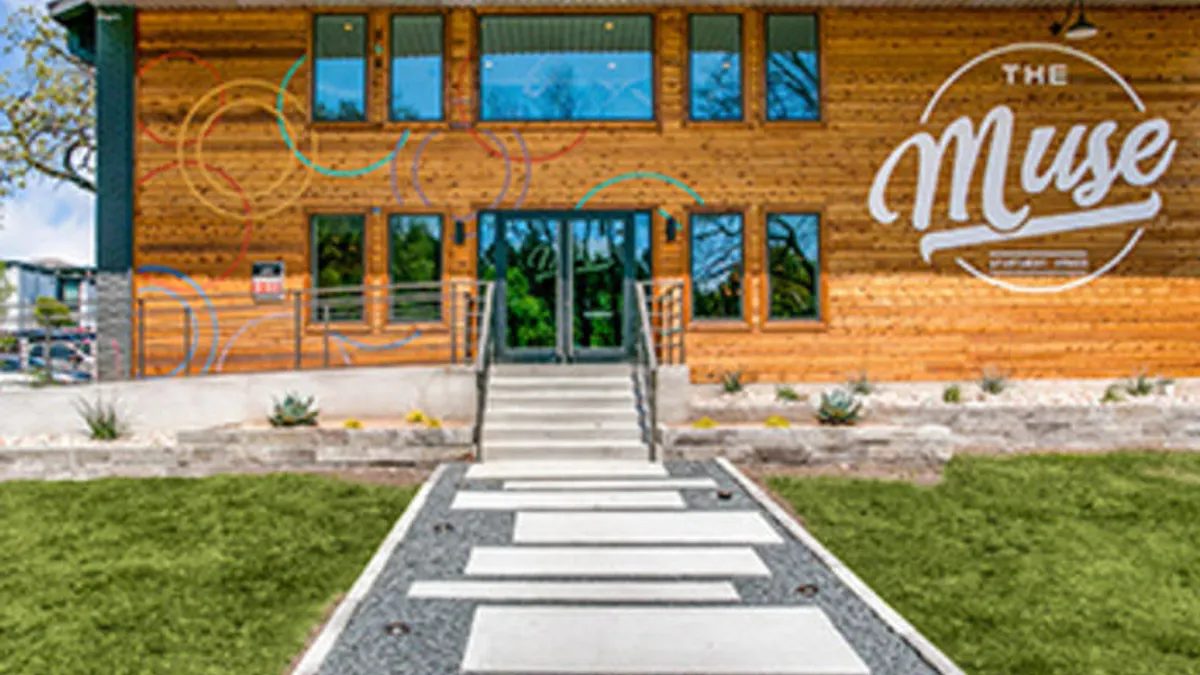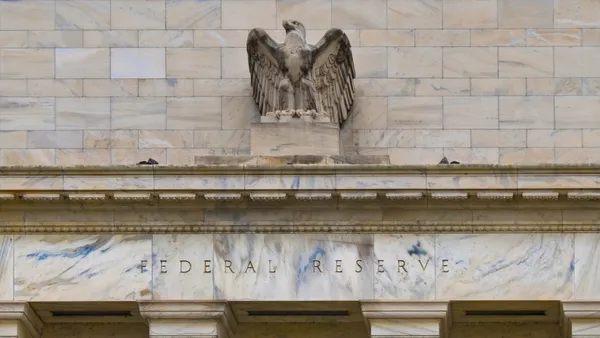A loan backed by a two-property Texas portfolio has moved into special servicing after the appointment of a receiver, according to a Morningstar Credit report shared with Multifamily Dive.
Swapnil Agarwal, founder and CEO of Houston-based Nitya Capital, is listed as the borrower for the $63.5 million loan backing Muse in Dallas and Eden Pointe in Houston, according to filings with the Securities and Exchange Commission.
Agarwal tells Multifamily Dive that the assets are not going into special servicing for performance. “There are some code violations [at the Muse] from the city and we’re addressing those concerns,” he said in emailed comments. “So, [it] should be fully taken care of very shortly.”
The loan for the Muse in Dallas and Eden Pointe was originated in October 2023, according to CrediQ. At that time, the properties were appraised at $97.6 million. Their 2024 net cash flow was 11% above issuance expectations with strong occupancy to date, according to Morningstar Credit.
Agarwal expects to get the properties back. “Violations are standard property conditions related to typical for a class B property,” he said.
In 2020, S2 Capital sold the Muse to Nitya, according to a press release from NorthMarq, which represented the seller. The property was built in 1969 and most recently renovated in 2018, according to the SEC filings. After buying the asset, Nitya invested approximately $1.5 million in various renovation projects.
The 804-unit Muse, one of the largest communities in the Dallas metro, offered a wide range of value-add opportunities, according to NorthMarq. The property has 29 different floor plans and boasts an average unit size of 926 square feet.
Eden Pointe Property, a 197-unit garden-style multifamily property, sits approximately 15 miles west of downtown Houston, according to the SEC filings. The property was built in 1972 and renovated in 2019 and 2020.
Nitya acquired the property in December 2017 and invested approximately $1.4 million in various renovation projects, according to the SEC filings. The property includes one-, two-, three- and four-bedroom floor plans, with an average unit size of 1,028 square feet.
KPM Property Management appears to manage both properties, according to their websites.
Nitya’s history
Nitya has been in the spotlight because of issues in its portfolio over the past few years.
In March 2023, MarketWatch said that Nitya’s annual interest payments had jumped by $60 million since it took out $2 billion in loans on a group of properties acquired in 2021.
As a result of the increased payments, Nitya was seeking to sell 40% of its portfolio, according to MarketWatch, which cited a Real Estate Alert report and research from Barclays. But contrary to the portrait of an owner forced to sell at a discount, Agarwal told Multifamily Dive in 2023 that the firm’s sales were business as usual, even if market values had dipped from their peak at the time.
Agarwal said that his portfolio was more protected than observers thought at the time. It had interest rate caps on its assets with an average strike rate of about 2%, which was the interest rate at which the cap provider begins to make payments to the purchaser.
“We put floating-rate debt on our deals to give us flexibility because we’re value-add players,” said Agarwal, who pointed out that he predicted many of the issues in the market in a 2022 interview with Multifamily Dive.
In June, Nitya appeared to get a lifeline when it announced that it had completed a $700 million refinancing of an 18-property portfolio with class A student housing and class B market-rate multifamily assets, according to a press release. It was structured with a fixed-rate senior loan originated and securitized by Citi.
In July, The Real Deal reported that the refinancing led to a legal dispute between Agarwal and the firm’s other founder, Vivek Shah.
Click here to sign up to receive multifamily and apartment news like this article in your inbox every weekday.










